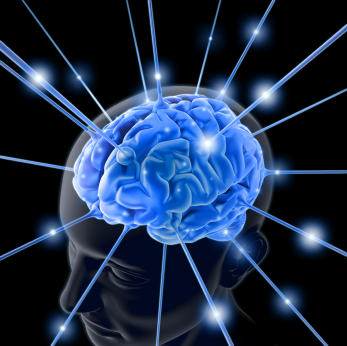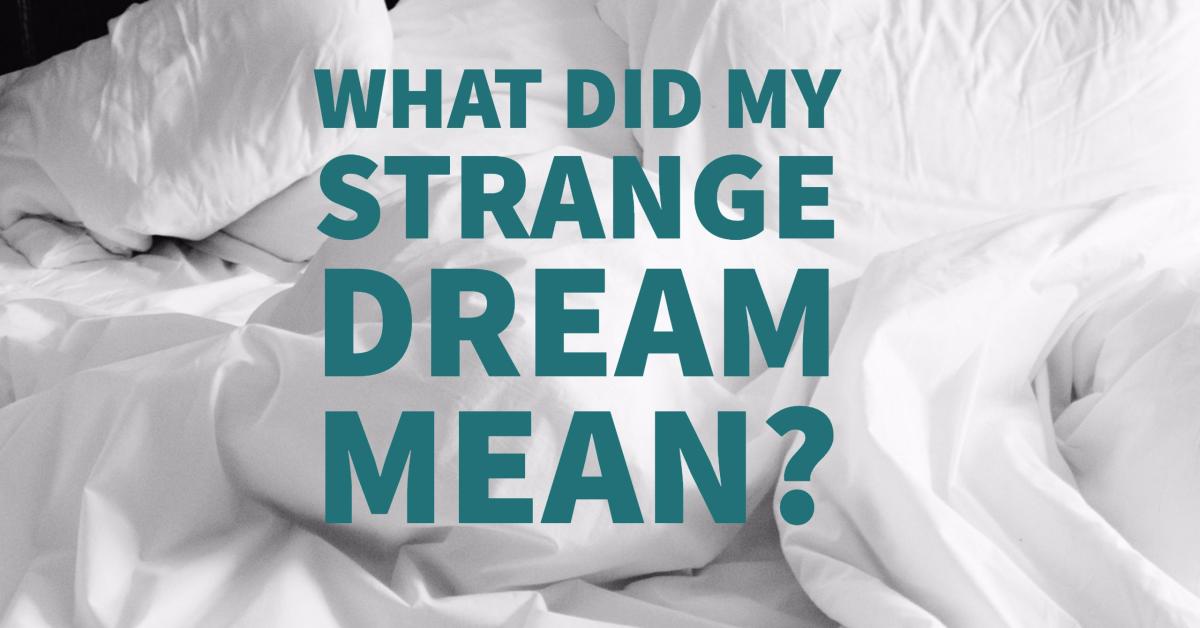What dreams are for

The science behind dreaming
Have you ever wondered what it would be like to live a life without dreams? Every night, whether we recall them or not, human beings have dreams. We go through various stages of sleep and enter one particular state that induces dreaming. The cycle that produces dreams is called REM sleep (rapid eye movement), and without it, we are not well rested or functional throughout the day. In fact, those who experience insomnia are prone to severe bouts of depression and listlessness. Furthermore, those who sleep without entering a REM cycle, the cycle where dreaming occurs, report feeling almost as useless during the day as those who get no sleep at all.
A life without dreams sounds awful, especially to those who enjoy frequent dreaming as their much needed escape from reality at night. Could you imagine speaking to someone who has never had a dream in their life? Sure, this scenario is possible. Some people who have sustained severe brain damage from strokes say that they do not dream anymore. It's as if a vital piece of their brain functioning has shut down. With this being said, it is notable that dreaming and REM sleep is an important and natural process, which is deeply rooted in our evolutionary process as man.

Early man and dreams
Existence of dreams is said to date all the way back to Neolithic times. Night terrors of fighting off predators were prevalent during the early years of man. These same instinctual fight or flight nightmares pop up in the subconscious of small children today, proving that dreams are a part of the evolutionary process of our subconscious minds. Amazing, isn't it? Nightmares of today's adults consist of more modern scenarios, such as getting in a car crash or showing up at work naked.
The connect between the bad dreams of cave men and modern man is the necessity to play out frightening scenarios in our subconscious minds, as a means of lessening the threat of a situation in our daily lives and coping with it in some form. The process of filtering our fears and concerns through dreaming as a way to cope is a shared human trait.The theory that the subconscious mind is the key to the innermost fears, anxieties, and desires, is a concept that was greatly researched and then popularized by the famous psychologist Sigmund Freud. So what does this all add up to? Working out problems in our daily lives through dreaming is a therapeutic process that may actually be necessary for our very survival.

The subconscious mind
As previously stated, we need to dream to have well rested, satisfactory sleep. Without REM sleep, we are sluggish and function poorly. The mind works on two important levels- the conscious, and the subconscious.The two must remain in balance in order to maintain optimal brain function.
The Conscious Mind:
During the day, the conscious mind is working at full speed to help us pick up and store sensory impressions in a way that we can instantly fathom and relate to. With this part of our brain, we work out practical problems and observe the world around us in a more linear fashion. The conscious mind helps us face problems head on, such as tying our shoes or greeting our boss at work.
The Subconscious Mind:
This section of our brain stores away impressions based on emotions, as well as bits and pieces of background "noise" that we decipher later, usually in the form of dreaming. This "noise" could range from the insecurities we have about ourselves in relation to others to the catchy slogan on the t.v. commercial that flashed by our eyes and we soon forgot about. The subconscious mind stores away all of the fragments that we ignore or suppress, but picked up on and stored away, nonetheless.
The benefits of dreaming
Subconscious thoughts and feelings must surface. This is why dreaming exists. It is an important mechanism for deciphering our innermost anxieties and feelings, in a safe, non-threatening way. (Where else could you spill coffee all over your ex-lover and get away with it?) Dreams help us come to terms with negative aspects of our lives by allowing us to "defeat" our enemies, human and non-human alike. And even though waking up in cold sweats after horrible nightmares may not seem like much of a defeat, releasing these anxieties through dreaming helps us to relieve stress and come to terms with our emotions- whether we conquered the monsters in our dreams or not.
Furthermore, studies have proven that dreaming may actually be a vital part of the cognitive learning process! Subjects undergoing sleep analysis at major medical facilities and universities volunteered to participate in sleep/learning studies that reveal insights into this theory. The subjects play a video game, or complete a puzzle, and then go to sleep. Those who report dreaming of playing the game wake up to find that their ability to win the game when played again the next day improves by leaps and bounds. So, dreaming is also important because it helps us learn! It unlocks doors we may not have thought to open, and allows our subconscious to take the reigns for a while, enabling our brains to process information in a new way.
These can help you decode the weirdest dreams...
Dream analysis for further insight
Analyzing your dreams is an amazing way to gain insight into the innermost workings of the self. If you have been wondering why you had that crazy dream about eating a slice of pizza in the restroom the other night, rest assured that there was a method to the madness. We often dream of crazy objects that seem to mean absolutely nothing, when in fact, there is underlying symbolism to all of it.
Using a dream dictionary is one great way to decipher the meaning behind some of these objects, and so is keeping a dream journal handy to record your dreams for future analysis. I will discuss dream analysis more in the future.
Also, if you enjoyed this article, be sure to check out "Dreams and Deja Vu: Dreams Really Do Come True", an article detailing my experience with a dream that came true, and my theory explaining how dreams and the deja vu phenomenon are interlinked!









